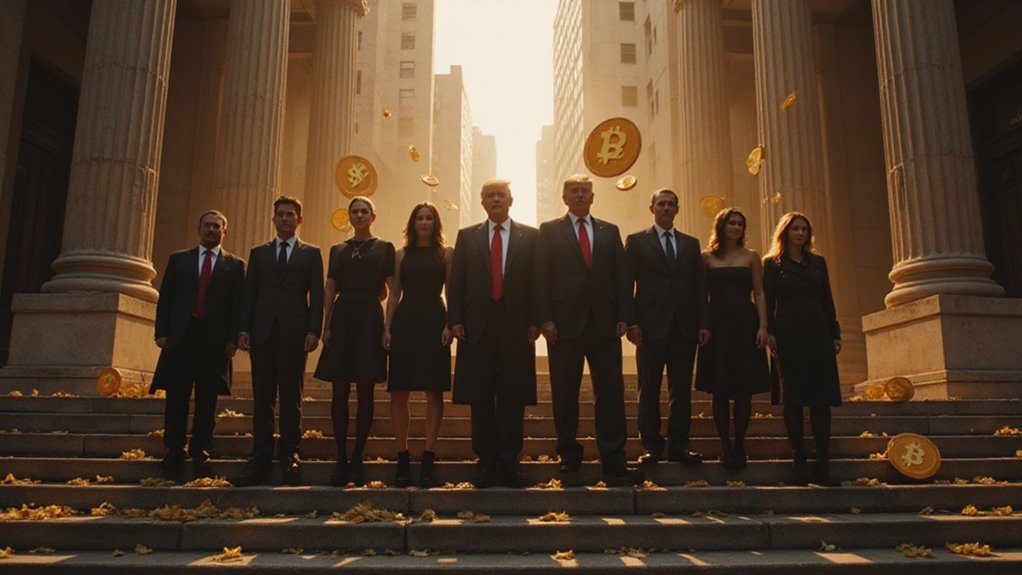While traditional football purists might have once scoffed at the notion of cryptocurrency moguls commandeering boardroom seats at storied European clubs, Tether’s audacious €128 million acquisition of a 10.7% stake in Juventus FC suggests such romantic notions have become quaint relics of a pre-digital era.
The stablecoin giant’s strategic accumulation—completed by April 2025 and publicly disclosed in February—transforms it into Juventus’s second-largest shareholder, a position that would typically command considerable influence in corporate governance circles. Yet the Old Lady of Turin appears distinctly unimpressed by her new suitor’s advances.
The Old Lady spurns her €128 million crypto suitor despite needing the capital injection.
Exor NV, maintaining its commanding 65.4% majority control, has orchestrated what can only be described as an institutional cold shoulder toward Tether’s overtures. Communications between the parties remain “very, very limited,” while Juventus management has effectively placed Tether in timeout until the 2024-2025 season concludes in July. The spectacle of a €128 million shareholder struggling to secure match tickets borders on the farcical.
CEO Paolo Ardoino’s frustration reflects a broader tension between traditional sports ownership structures and crypto capital’s expansionist ambitions. Tether’s appetite extends beyond passive investment—the company eyes participation in Juventus’s planned €100 million capital raise while positioning blockchain integration as transformative for club operations and fan engagement models. Ardoino’s declaration of supporting the club for 2000 years signals an unprecedented long-term commitment that transcends typical investment horizons.
This standoff illuminates the precarious dance between financial necessity and institutional pride. Juventus, despite its decorated history, requires capital infusion to stabilize finances and maintain competitive positioning. The club’s €18 million deficit in the last fiscal year underscores the urgency of its financial challenges. Tether offers both immediate liquidity and technological expertise that could open up novel revenue streams through digital fan interaction platforms. The integration of blockchain technology mirrors the approach taken by major cryptocurrency exchanges that have successfully transformed traditional financial markets through advanced technological infrastructure.
The governance impasse represents more than boardroom politics; it signals crypto’s inevitable collision with European football’s entrenched hierarchies. Whether Juventus can indefinitely resist Tether’s influence while accepting its capital remains questionable, particularly given the club’s financial pressures.
This pioneering arrangement—among the first instances of significant cryptocurrency equity holdings in top-tier European football—may establish precedent for similar partnerships across the sporting landscape. The resolution of Tether’s governance ambitions will likely determine whether crypto integration proceeds through collaborative evolution or hostile disruption, fundamentally reshaping how traditional sports enterprises navigate digital finance partnerships.








